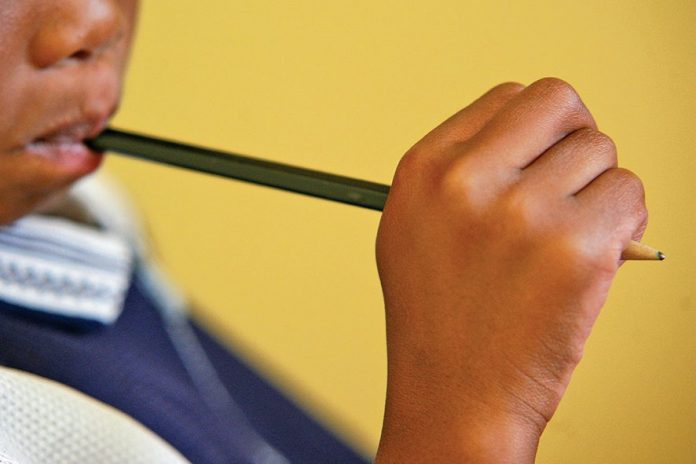Johannesburg- Organizations representing child rape victims have poked holes into the criminal justice system for its glaring failures in dealing with the challenges that compel parents of abused children to prematurely withdraw rape cases, hoping to save victims from secondary trauma.
Far-flung areas and rural districts are some of the places severely affected with perpetrators often getting away scot-free because child victims are terrified at the possibility of coming face to face with perpetrators.
Sharing their anguish and frustration with Sunday World, the Teddy Bear Clinic – one of the leading organisations supporting sexually abused children and their families – painted a picture of despair and a justice system hostile towards the needs of children.
“The current situation is beyond the travesty of justice for children who are rape victims but tantamount to courts committing the rape offences to the children again.”
“These challenges have been in existence a long time ago and Covid-19 exacerbated the problem. Children arrive in courts only to be told that there are no intermediaries and forced to relive the trauma,” said Dr Shaheda Omar, a director of clinical services at the Teddy Bear Clinic.
Intermediaries are specialists employed by the courts to assist child witnesses with evidence-related questions from the prosecution and defence, including interacting with the presiding magistrate or judge.
They are often recruited from the social work profession.
She said the unavailability of intermediaries had led to court cases being postponed indefinitely to the detriment of rape victims.
“Cases go on for a lengthy period of time, resulting in secondary trauma-induced for the child,” said Omar.
She pointed to the chaotic planning and organising capacity in the judiciary, saying trained intermediaries were not absorbed in the system.
Early this year, several parents of AB Xuma Primary, a Soweto-based school, withdrew cases pertaining to a string of rape incidents allegedly committed by a security guard at the school because of the deficiency in the intermediary services provision.
Parents complained of the traumatic experience endured by the kids because of the prolonged court process, saying the cases had been on the court roll for more than three years and children were tormented by the ordeal.
About 87 children were reported to have been raped at the time the suspect was arrested in October 2017. The former school patroller at the primary school was acquitted of sexual abuse charges that were brought against him in December 2018.
Fikile Mfeka, a Mpumalanga-based child activist, said the situation was worse in rural districts.
“Child rape victims are subjected to a painful and inhumane ordeal because there are just insufficient intermediaries. A special provision should be made to recruit and train intermediaries to service rural communities,” said Mfeka.
Childline South Africa said the current status quo did not only impact on the case being heard in court and finalised, but the delays also had far-reaching consequences on the emotional healing and wellbeing of the child and their families.
“Any form of sexual violence is extremely traumatic and all roleplayers involved need to act in the best interest of the child,” said Ricki Fransman, the executive director Childline Western Cape.
She said the Western Cape had been proactive in identifying the shortage of intermediaries and were now appointing them in sexual offences courts.
According to Fransman, the Western Cape has a dedicated unit monitoring and ensuring that intermediaries are recruited timeously in the system, working with the prosecution, and ensuring that they follow up outstanding cases.
To read more political news and views from this week’s newspaper, click here.
Follow @SundayWorldZA on Twitter and @sundayworldza on Instagram, or like our Facebook Page, Sunday World, by clicking here for the latest breaking news in South Africa. To Subscribe to Sunday World, click here.
Sunday World



